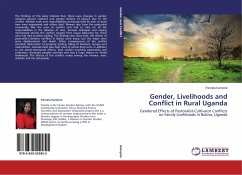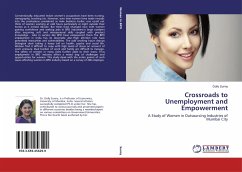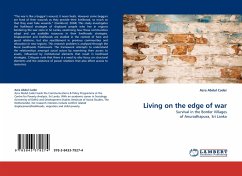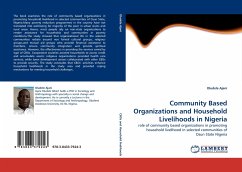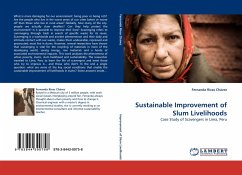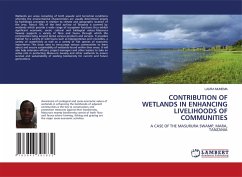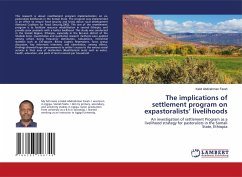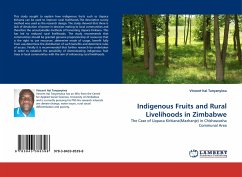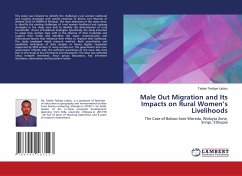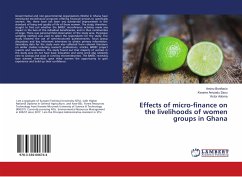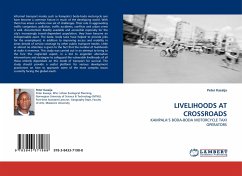
LIVELIHOODS AT CROSSROADS
KAMPALA'S BODA-BODA MOTORCYCLE TAXI OPERATORS
Versandkostenfrei!
Versandfertig in 6-10 Tagen
32,99 €
inkl. MwSt.

PAYBACK Punkte
16 °P sammeln!
Informal transport modes such as Kampala's boda-boda motorcycle axis have become a common fixture in much of the developing world. With them has arisen a whole new set of challenges. Their role in aggravating traffic congestion, pollution, traffic accidents, conflicts and urban crime is well- documented. Readily available and accessible especially for the city's increasingly transit-dependent population, they have become an indispensable asset. The boda- boda taxis have helped to provide jobs for the unemployed, in addition to improving access and mobility in areas devoid of service coverage b...
Informal transport modes such as Kampala's boda-boda motorcycle axis have become a common fixture in much of the developing world. With them has arisen a whole new set of challenges. Their role in aggravating traffic congestion, pollution, traffic accidents, conflicts and urban crime is well- documented. Readily available and accessible especially for the city's increasingly transit-dependent population, they have become an indispensable asset. The boda- boda taxis have helped to provide jobs for the unemployed, in addition to improving access and mobility in areas devoid of service coverage by other public transport modes. Little or almost no attention is given to the fact that the number of livelihoods at stake is immense. This study was carried out in an attempt to bring to the fore this neglected aspect, in a bid to engender alternative interventions and strategies to safeguard the vulnerable livelihoods of all those entirely dependant on this mode of transport for survival. The study should provide a useful platform for various development practioners on how to approach some of the most complex issues currently facing the global-south.



